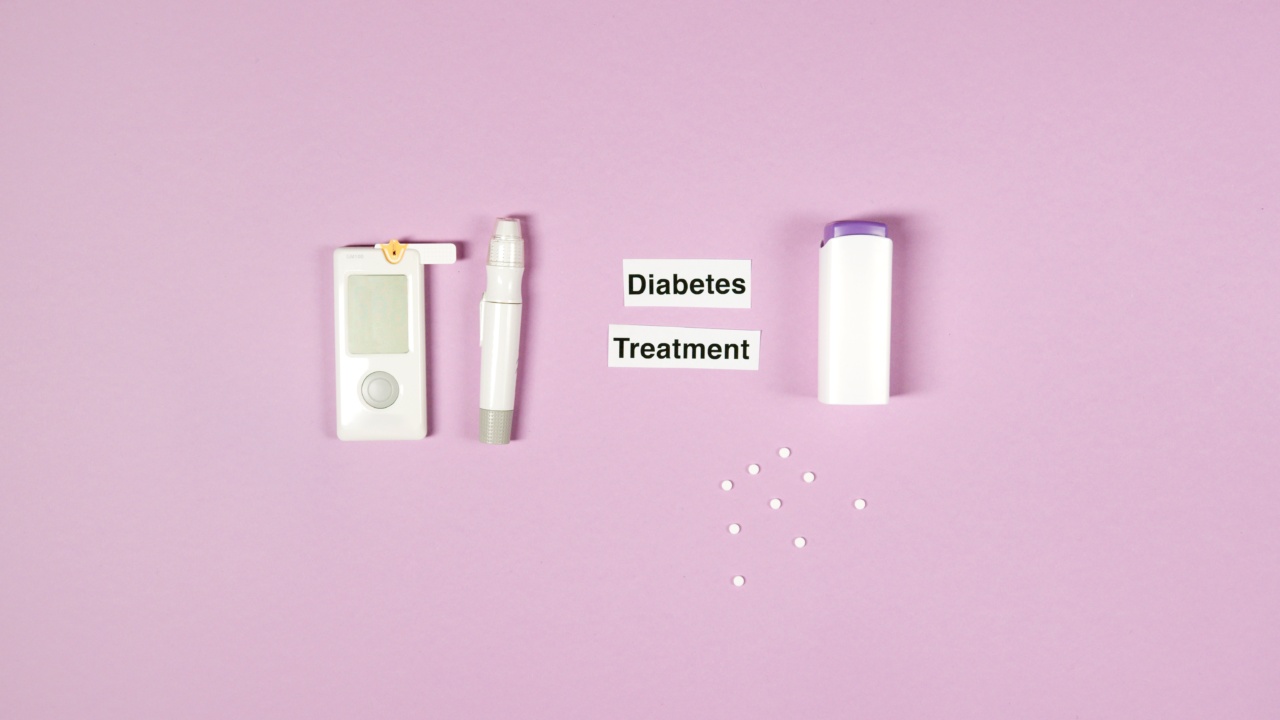Depression is a mental disorder affecting an increasing number of people worldwide. While antidepressants play an essential role in treating moderate to severe cases, there are also foods available that can aid in the fight against depression.
Many studies have been conducted in various regions globally, revealing that certain foods possess natural mood-boosting benefits.
Salmon and Other Fatty Fish
Salmon and other fatty fish, such as sardines and anchovies, contain high levels of omega-3 fatty acids.
Research has indicated that omega-3s may help individuals suffering from depression since they can impact neurotransmitters in the brain that are responsible for mood regulation. Some studies have hypothesized that insufficient omega-3 fatty acids may be related to this very mental illness.
Eggs
Eggs are an excellent source of many vitamins and minerals. One important mood-enhancing substance is choline, which is found in egg yolks.
This vital nutrient helps with the functioning of the brain, preserving memory, and aiding impediment cognitive deterioration. Choline has also been linked with improving mood and reducing depressive symptoms.
Spinach
Spinach is an excellent source of folate, and it is also helpful for boosting mood. Some research has suggested there may be a connection between depression and low folate levels.
Those with lower concentrations of folate are less likely to respond positively to antidepressant medication. Spinach is a crucial dietary component, not only for the prevention of several physical problems but also to improve emotional well-being.
Dark Chocolate
Dark chocolate contains a healthy mix of flavonoids and antioxidants and is known to have mood-elevating effects.
The consumption of this sweet treat has been compared to the sensation of being in love by some people! Chocolate is known to trigger the release of endorphins, a chemical that may generate feelings of pleasure. Although, we must consider the possibility of developing a dependency on caffeine present in its composition with prolonged use.
Bananas
Bananas, like Spinach, are rich in folate. They also contain vitamins B6, B12, and tyrosine.
Tyrosine is one of the amino acids responsible for dopamine production in the brain, a neurotransmitter that has a positive impact on mood and has been linked to depression. Eating a banana can alleviate symptoms of depression and anxiety, reduce irritability, and improve cognitive functioning.
Avocado
Avocado is a superfood with many benefits. It is one of the healthiest types of fat, monounsaturated fat, along with oleic acid, and it is also a vitamin and mineral powerhouse.
Avocado also has been known to have a high amount of tyrosine, which helps fuel the creation of dopamine. Therefore the consumption of avocados is a moderate and healthy way of keeping our brains performing at their best and the prevention of unnecessary mood swings.
Yoghurt
Yoghurt is a probiotic food rich in calcium, an essential mineral. Recent studies have indicated a possible link between calcium deficiency and depression.
Consumption of dairy products and calcium-rich food has been associated with a decrease in depression symptoms. Yoghurt can be consumed at any time of day, but it is especially recommended in the evening, as calcium is considered a natural relaxant.
Green Tea
Green tea is rich in an antioxidant called EGCG (epigallocatechin gallate), which may help to reduce stress hormones and help with weight loss.
EGCG also increases serotonin levels and has been shown to improve brain function and reduce anxiety and depression. Drinking green tea has been found to be associated with a lower prevalence of depressive symptoms in the elderly, and it can be consumed throughout the day instead of regular tea or coffee.
Nuts
Nuts, like walnuts, cashews and almonds are an excellent source of healthy fats, protein, and fiber, as well as antioxidants. They possess the mineral magnesium, which has been linked with a drop in depressive symptoms, anxiety, and stress.
Interestingly, some researchers hypothesize that a lower intake of magnesium may contribute to the development of mood disorders. Therefore we recommend adding a small handful of these nutrient-rich foods to your daily routine to help boost your mood and cognitive function.
Beans and Lentils
Beans and lentils possess an amino acid called tryptophan, which helps generate serotonin, an essential neurotransmitter. They are also high in plant-based protein, which provides many benefits to people following a vegetarian or vegan or low-meat diet.
Beans and lentils are often eaten in many traditional diets worldwide, and there’s plenty of scientific backing for their mood-enhancing benefits.





























